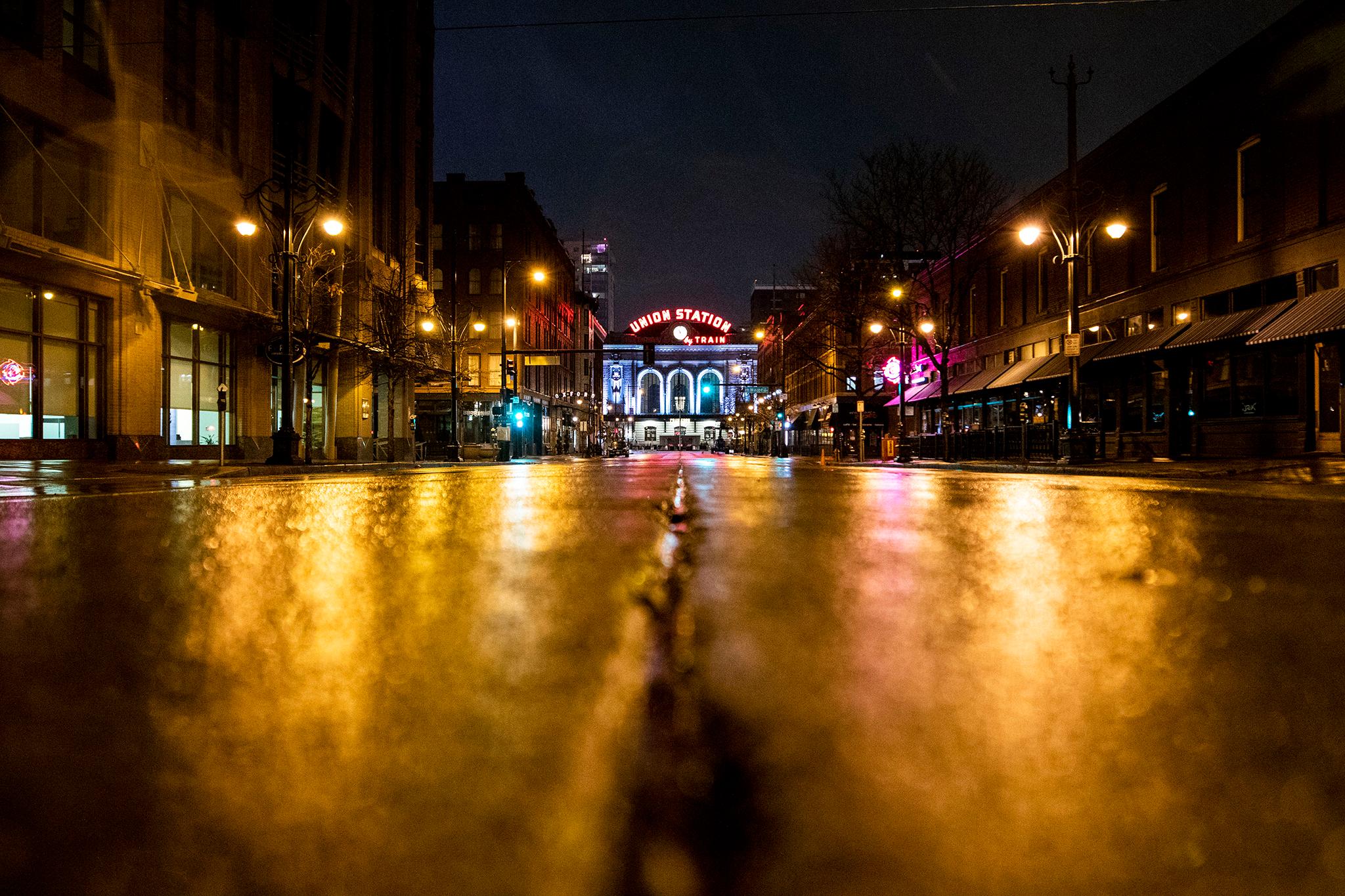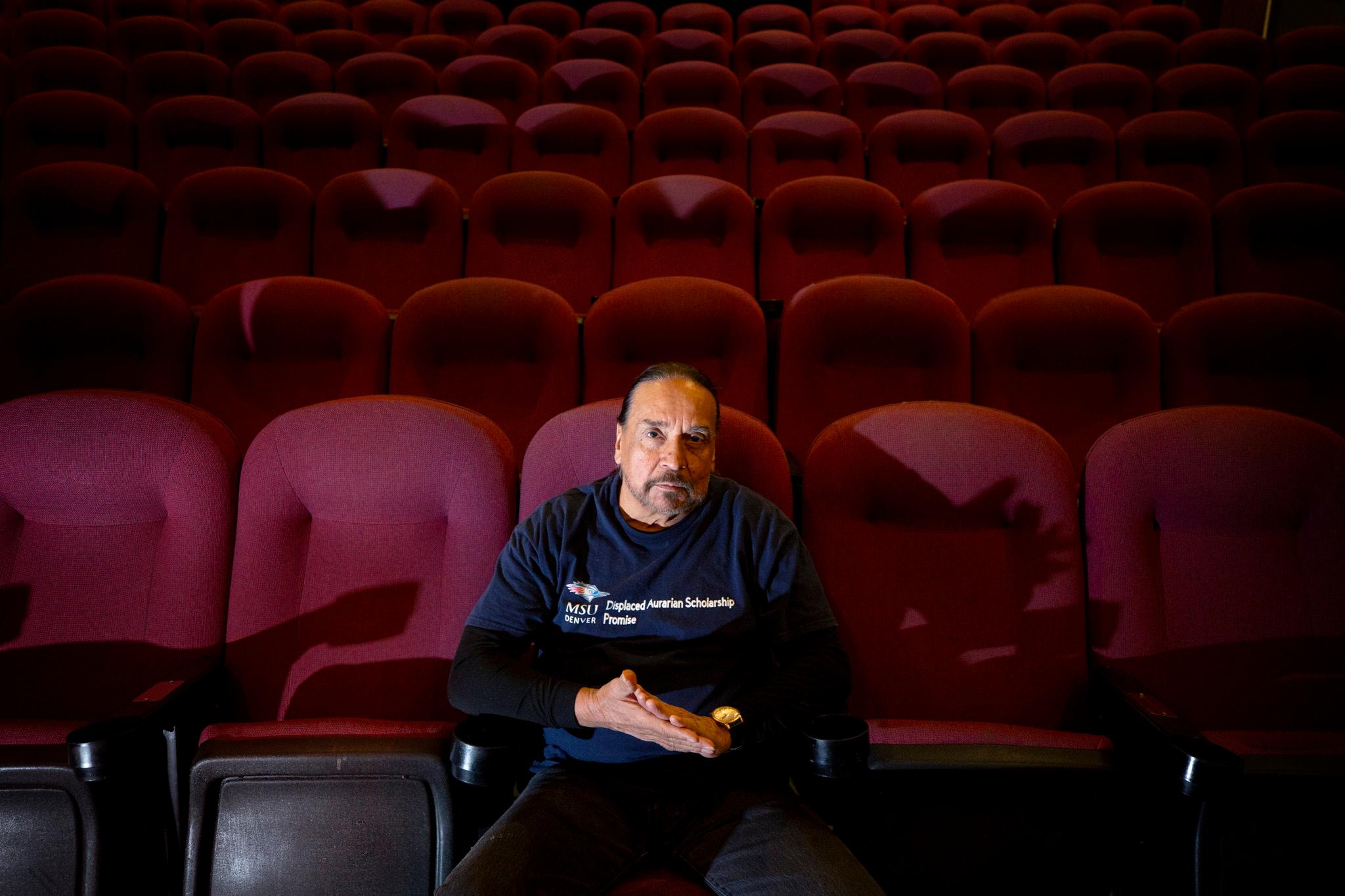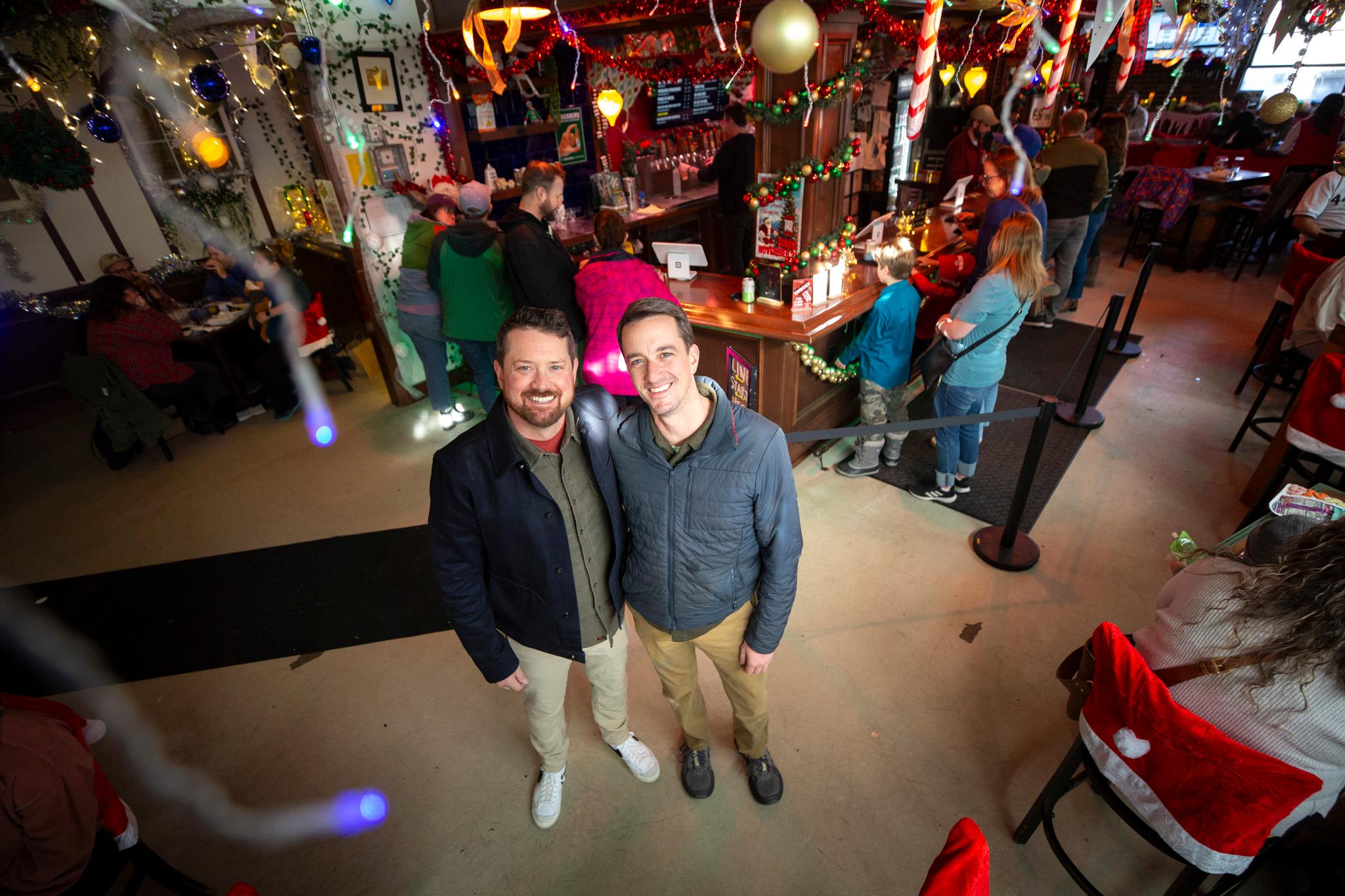Denver's directive for residents to stay at home to curb the spread of COVID-19 will last into May, Mayor Michael Hancock said during a private government meeting Thursday.
The order, which directs locals to isolate at home except for essential activities like grocery shopping, currently expires April 30. But despite a steadying infection rate locally, Hancock and other elected officials say the city, which is the epicenter of the respiratory disease in Colorado, is unprepared to relax the stay-at-home decree.
The new order will last through May 8, Hancock's office confirmed.
In a recording of the meeting obtained by Denverite, Hancock said the metro region cannot currently test enough people or trace the contacts of infected people at a rate that makes him and other Front Range counties comfortable. He spoke with mayors from around the region Thursday, and most agreed to extend their orders to into May, Hancock said.
"When we think about where we are in terms of testing and contact tracing, we realize we are not anywhere near close to being ready to do this," Hancock said. He added later, "We want to do it right because if this comes back in the fall and we're not prepared properly, it's going to be even more devastating."
Denver's move follows Gov. Jared Polis's announcement that localities would be allowed to relax their stay-at-home orders starting next week, despite a lack of testing supplies. The move put added pressure on Denver to decide how to move forward as people start to creep out of their homes and back into public life.
"I will tell you the governor's guidance generally to me was very helpful, but the timing is regretful in that we needed time to understand what his roll-out (plan) was going to be," Hancock told the meeting attendants, which included Denver City Council members, city attorneys and Bob McDonald, head of the city's public health department.
An extension of the city order will give people more time to get tested and give the city government more time to train people to track the contacts of infected residents, McDonald said. Denver hospitals have the capacity to test up to 1,200 people a day, he said, but access is a different story. Denver Health, for example, requires a note from a doctor, meaning asymptomatic people are not often tested and can continue to spread the disease without knowing it.
The city government is working with Denver Health and National Jewish Health to coordinate more robust testing, and is in the process of training 100 or so people to trace the contacts of infected people in order to isolate them before spreading COVID-19. McDonald said he's also in talks with state officials about removing barriers like doctor's notes so that more people can get tested as the region's stock of supplies continues to grow.
"Those are all the things that we're looking into to make it easier for people, for everybody who meets the criteria for getting tested to get tested," McDonald said.
Denver's stay-at-home order differs from restrictions on businesses like restaurants, bars, retail stores and other "non-essential" commercial outfits that have had to close or curb their services since the pandemic began. Restrictions on those businesses are scheduled to expire May 11.
But even if those restrictions ease up, don't expect things like Red Rocks concerts to go on. The administration is firming up rules about mass gatherings that would take Denver through the summer. It doesn't sound fun.
"We can expect the summer of 2020 to be a lot different than any other summer we've had, at least recently," Hancock said. "There won't be as many opportunities for festivals, major parties, concerts -- those things won't happen in 2020, at least in the summer of 2020, unless we have a major drop in cases and we see that we have boxed in this virus appropriately."
McDonald said he's considering urging the city to make face coverings mandatory for people while in public places like grocery stores. Mayor Hancock said the policy could extend to anyone in public -- walking in their neighborhood, for instance -- to avoid confusing people.
This article has been updated.













